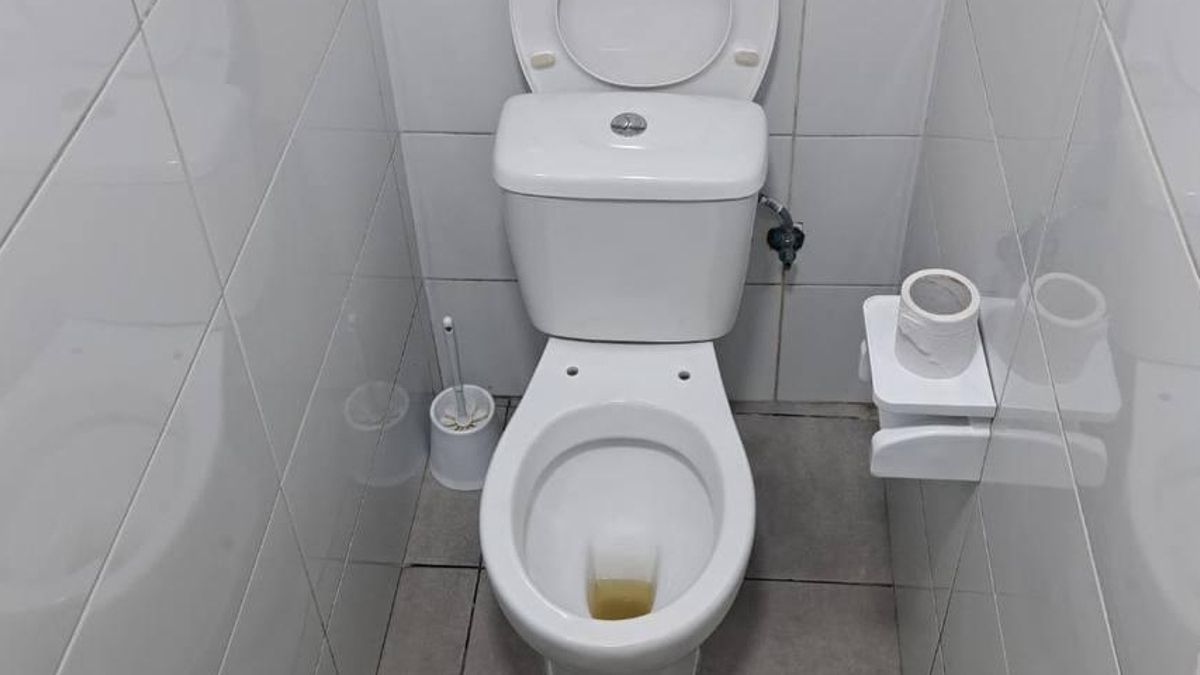
It is reported that, on two occasions, the bases of Las Torres in Las Palmas have been without water, which has caused problems with personal hygiene and equipment, exacerbated during the heatwave.
This is not the first time that workers from the Ambulancias Tasisa company have been without water this year, but it is the first time it has occurred during a heatwave. For four days, during which temperatures reached highs in Gran Canaria and the Government issued a Red Alert due to maximum risk for the population, Tasisa workers at the Las Torres base in Las Palmas were without water. For this reason, José Iván Amador Alemán, along with Karlos Pérez Busto (both members of the TASISA-LPA Health and Safety Committee), filed a formal complaint with the Labour and Social Security Inspectorate on Tuesday, detailing what they and their colleagues endured, having “worked up to 48 hours without supply water.”
They refer in the complaint that they were exposed to “unhealthy working conditions and biological risk exposure.” They emphasise that the lack of water has prevented the use of toilets, the execution of handwashing protocols (essential for healthcare personnel), the use of showers to combat heat (during an alert for high temperatures), and the cleaning and disinfection of ambulances.
The workers’ representatives believe that the company should have suspended operations due to the lack of water and the high-temperature risk warning issued by the Canary Islands Government.
Likewise, they formally request in their complaint that the Inspectorate accepts the demand, records an infringement, and that it “acts firmly to eradicate the problem definitively and impose exemplary corrective measures.”
In statements to this newspaper, Karlos Pérez recalls that this situation also occurred in June and lasted for four days. “Now it is happening again; the truth is we observe that there is a pattern, or there is neglect, or something is failing there because we are not being given enough warning to supply water to the industrial site.”
The workers’ representative finds it unacceptable that they go days without being able to wash after a service, with the toilets in poor condition or without being able to sanitise the ambulances after transporting sick individuals.














